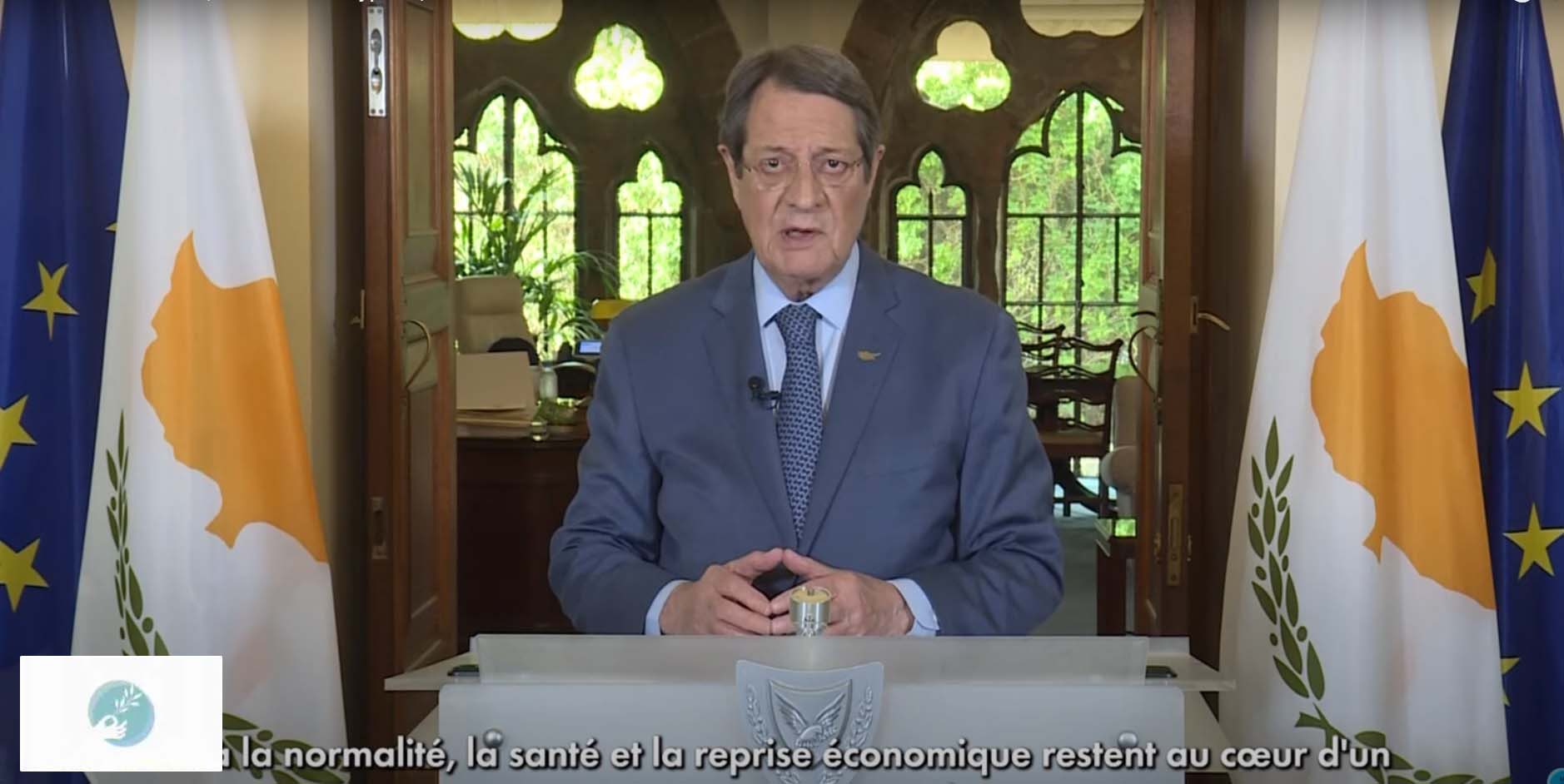Nicos Anastasiades, a pro-settlement politician from Limassol, was elected president of Cyprus on 24 February 2013, with 57.4 per cent of the vote; one of the biggest margins for many years.
Hitherto stalled Cyprus peace talks were resumed in April 2015 after Mustafa Akinci, who had a strong record of reaching out to Greek Cypriots, swept to victory in Turkish Cypriot ‘presidential’ elections.
It meant both communities were now led by staunchly pro-reunification politicians with a strong mandate to negotiate a federal settlement. Anastasiades in 2004 was the only leader of a Greek Cypriot political party – the right-wing Democratic Rally (Disy) – to support a controversial UN blueprint of proposals to resolve the Cyprus problem. The Annan Plan, as it was called, was endorsed by Turkish Cypriot voters but rejected by Greek Cypriots in twin referendums.
Anastasiades was born on 27 September, 1946. He studied law at the National and Kapodistrian University in Athens, then shipping law as a postgraduate at University College London. He was a founding member of Disy in 1976 and in 1981 was elected to the first of six terms in the House of Representatives. After advancing through the ranks of Disy, he became the party’s president in 1997.
A financial crisis dominated the 2012-3 election campaign that brought Anastasiades to power. Cyprus had been shut out of international capital markets for almost two years and the restructuring of Greek debt in June 2012 had inflicted huge losses on the two biggest Cypriot banks.
Anastasiades had promised to reach a quick deal with foreign lenders and bring Cyprus closer to Europe. This marked a shift from the policies of his communist predecessor, Demetris Christofias, who was reluctant to accept the banking reforms and austerity measures requested by the EU, IMF and European Central Bank. His administration resorted to heavy borrowing from state-owned corporations to pay public sector salaries and had first sought and received aid from Russia before turning to the EU.
A month after his election, Anastasiades reached agreement with the EU and IMF on a bailout package that included €10 bn in loans and required a contribution from Cyprus of several billion euros. Parliament rejected the first deal, which Anastasiades swiftly amended to safeguard smaller bank accounts. The new agreement meant the closure of the island’s second largest bank, Laiki, and the restructuring of its largest, the Bank of Cyprus, with the confiscation of up to 60 per cent of deposits above €100,000 in the two banks.
Cyprus made strong progress in its adjustment following the banking crisis, emerging from a four-year recession in 2015 and exiting the EU and IMF programme in March 2016.
Anastasiades also promised to apply for Cypriot membership of the Nato-affiliated Partnership for Peace. It was another shift from the policies of Christofias, who had objected to any links with Nato. However, Anastasiades also maintained traditionally close Cypriot links with Russia, signing a deal with Vladimir Putin in 2015 to allow the Russian navy access to the island’s ports.
